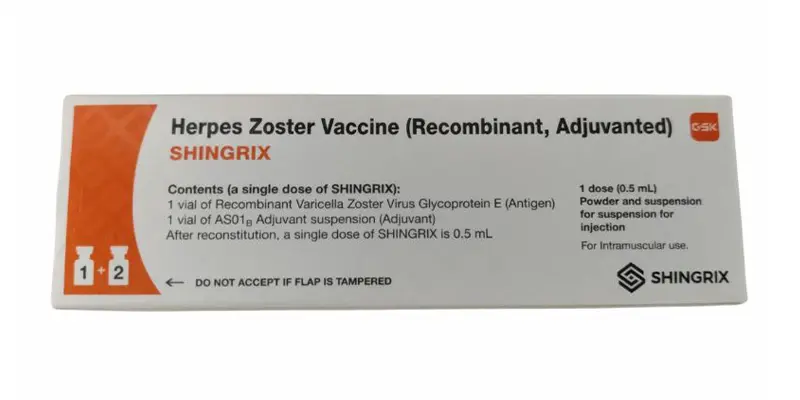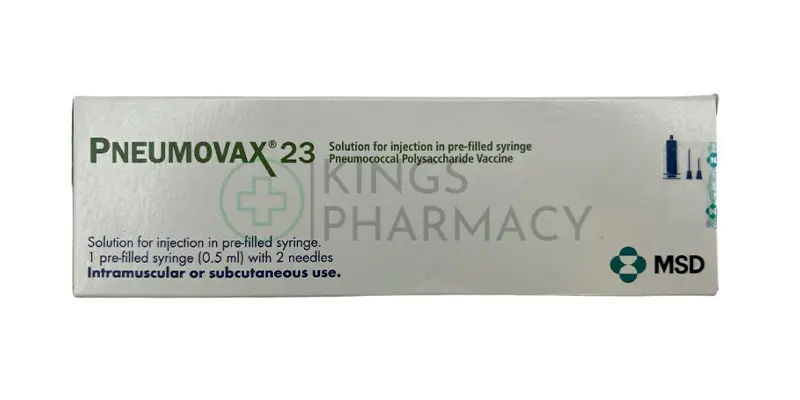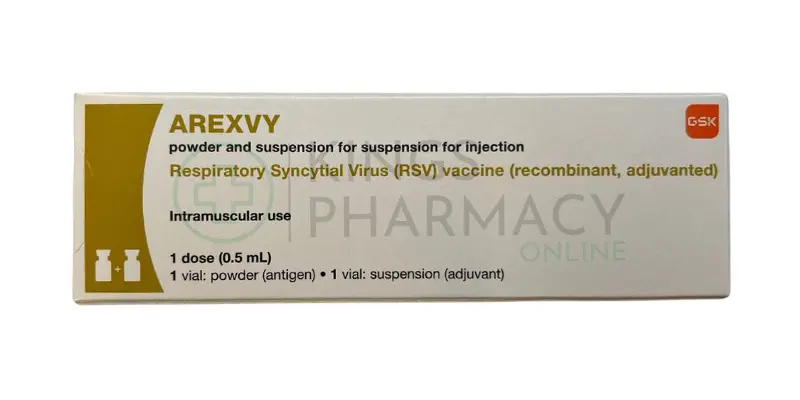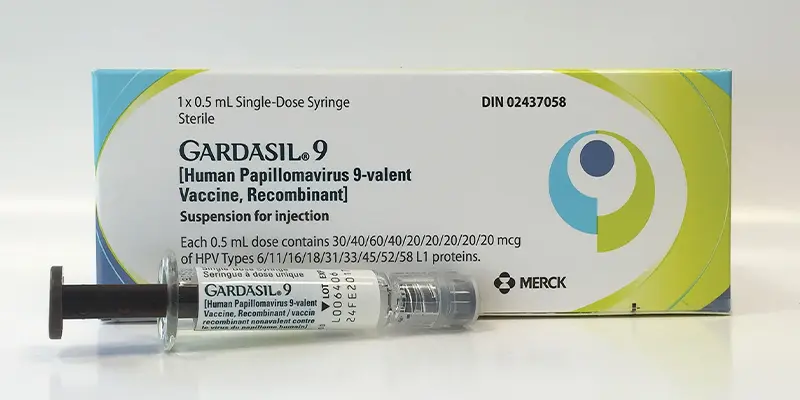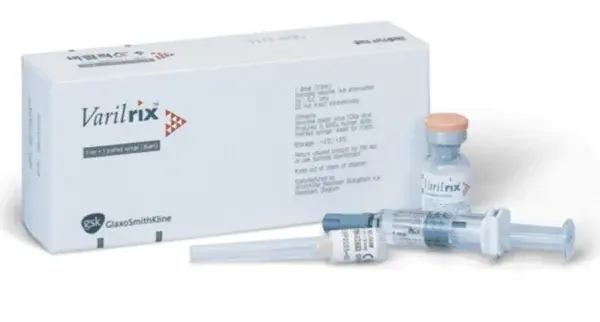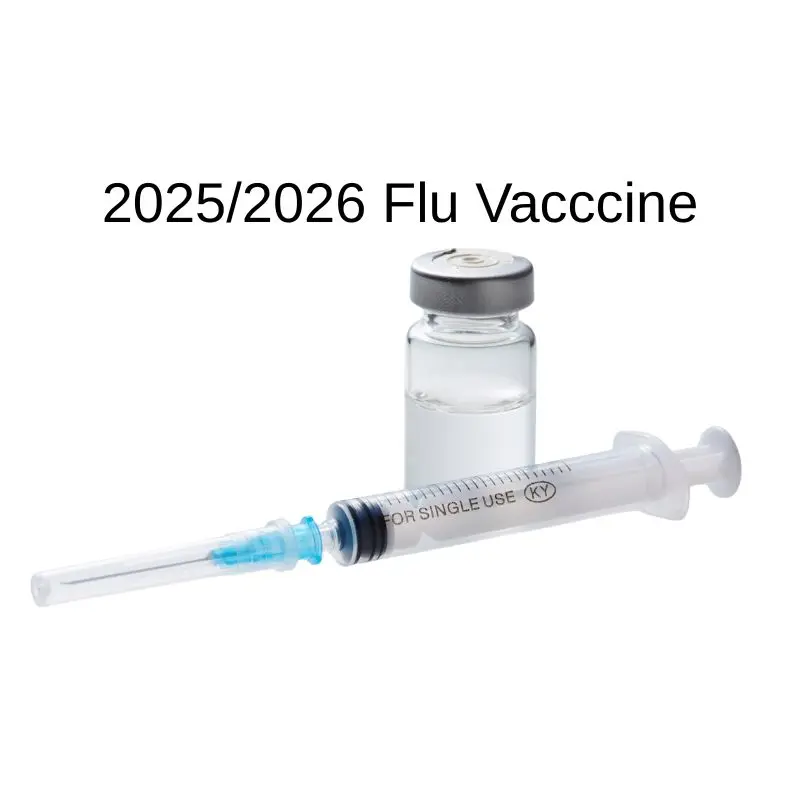Shingles Vaccine
Shingrix is a recombinant zoster vaccine designed to prevent shingles (herpes zoster) and its complications. It is approved for adults aged 50 and older. Shingrix works by stimulating a strong immune response to the varicella-zoster virus, which causes shingles. The vaccine is administered in two doses, given 2 to 6 months apart. Clinical studies have shown Shingrix to be over 90% effective in preventing shingles and its painful complications, making it a highly recommended option for adults to protect against this condition.
Select Strength
What is Shingrix?
Shingrix is a vaccine that helps prevent shingles, a painful skin rash caused by the reactivation of the varicella-zoster virus (the same virus that causes chickenpox). The vaccine is designed to reduce the risk of developing shingles and to lower the chances of complications like postherpetic neuralgia, a condition that causes severe nerve pain that can persist long after the rash has healed.
Who Should Get Shingrix?
Shingrix is recommended for adults aged 50 and older, regardless of whether they have had shingles or received the chickenpox vaccine in the past. It is also recommended for those who have already had shingles, as it can help prevent future occurrences. Individuals who are immunocompromised or have certain medical conditions should consult with their healthcare provider before receiving the vaccine to determine if it is suitable for them.
How is Shingrix Given?
Shingrix is administered as a series of two doses. The first dose is given at a chosen time, and the second dose is given 2 to 6 months after the first. It is important to complete the full two-dose series for maximum protection.
Effectiveness of Shingrix
Shingrix is highly effective at preventing shingles. Clinical studies have shown that the vaccine provides more than 90% protection against shingles and related complications. Protection from the vaccine remains strong for at least four years after receiving the second dose, although ongoing research continues to evaluate the long-term duration of protection.
Common Side Effects
Most people experience mild side effects after receiving the Shingrix vaccine, which are generally short-lived. Common side effects include:
- Soreness, redness, or swelling at the injection site
- Fatigue
- Muscle pain or aches
- Mild fever or chills
- Headache These side effects usually resolve within a few days. If side effects persist or become severe, you should contact your healthcare provider.
Rare Side Effects
Though rare, more serious side effects can occur, such as severe allergic reactions (anaphylaxis). Signs of an allergic reaction may include difficulty breathing, swelling of the face or throat, or dizziness. If any of these symptoms occur, seek immediate medical attention.
Why Should You Get Shingrix?
Shingles can lead to serious complications, including long-term nerve pain (postherpetic neuralgia), vision problems if the rash affects the eye, and scarring. Shingrix helps to prevent these outcomes by providing protection against the virus, reducing the chances of developing shingles and its painful complications.
Considerations Before Getting Shingrix
Before getting the Shingrix vaccine, discuss your medical history with your healthcare provider. You should inform them if you:
- Are pregnant or breastfeeding
- Have a weakened immune system (due to conditions like HIV, cancer treatments, or organ transplants)
- Are currently ill with a fever or infection
What is Shingrix?
Shingrix is a recombinant vaccine designed to prevent shingles (herpes zoster) and its complications, such as postherpetic neuralgia (PHN).
Who should get the Shingrix vaccine?
- Adults aged 50 and older: Recommended to prevent shingles and related complications.
- Immunocompromised individuals aged 18 and older: Approved to provide protection for those with weakened immune systems.
How is Shingrix administered?
Shingrix is given in two doses:
- First dose: Initial vaccination.
- Second dose: Administered 2 to 6 months after the first dose.
How effective is Shingrix?
Clinical studies indicate that Shingrix is over 90% effective in preventing shingles and its complications.
What are the common side effects of Shingrix?
Common side effects, typically mild to moderate in intensity, include:
- Pain, redness, and swelling at the injection site
- Muscle pain
- Fatigue
- Headache
- Fever
These side effects generally resolve within a few days.
Who should not receive the Shingrix vaccine?
- Individuals with a history of severe allergic reaction to any component of the vaccine.
- Those who have an active shingles infection.
- People with a fever of 38.5°C (101.3°F) or higher should wait until they recover before getting vaccinated.
How long does the protection from Shingrix last?
Current data suggests that Shingrix provides strong protection against shingles for at least four years. Ongoing studies are evaluating the long-term efficacy of the vaccine.
Is Shingrix safe for immunocompromised individuals?
Yes, Shingrix is approved and recommended for immunocompromised individuals aged 18 and older. Clinical trials have shown it to be safe and effective in this population.




